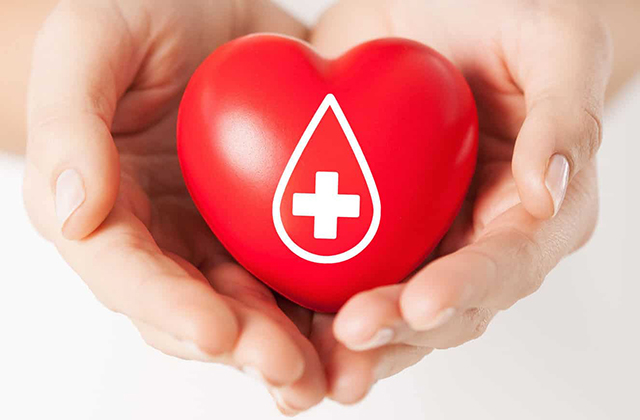Can you be too old to donate blood?
In general, you can never be too old to donate blood. Though you can be too young or too thin. Even small donations have an impact that’s the essence of donating to charity.
The American Association of Blood Banks used to bar people over 65 from donating blood, but it scrapped the rule in 1978 after studies found that older people who stored their own blood prior to surgery did well, said Dr. Steven Kleinman, the association’s senior medical adviser. Now most blood banks are happy to accept blood from older volunteers.
“We found over time that individuals who are older do just fine donating blood, as long as they don’t have certain medical conditions that make them ineligible,” said Dr. Ross Herron, the chief medical officer of the West division of the American Red Cross, which collects 40 percent of the blood supply in the United States.
Individual blood banks and states, though, can impose additional regulations. New York, for example, requires hospitals and blood centers to review the eligibility of would-be donors over the age of 75 on a case-by-case basis.
And all prospective blood donors are asked to fill out a detailed health history questionnaire to rule out medical problems that bar them from donating, such as dementia, a recent history of cancer or heart disease, viral hepatitis, H.I.V. infection and heart rhythm disorders like atrial fibrillation. Taking certain medications, including anticoagulants, will also make you ineligible to donate.
Blood banks also require donors to weigh at least 110 pounds, and more in some cases. Minimum weight and height requirements are also typically imposed on younger adults and minors, who often require parental permission. Bloodworks Northwest, for example, requires first-time donors who are 16 and 17 to weigh at least 114 pounds. United Blood Services has both height and weight requirements for donors ages 16 to 22. Young people, especially those who are underweight, are more prone to fainting, the most common complication of giving blood, than older donors.
Blood donors may also be rejected for other reasons, including intravenous drug use or a history of certain infections or travel to areas where certain infections are common. The Food and Drug Administration also bars men who have had sex with men within the past year from donating blood.

